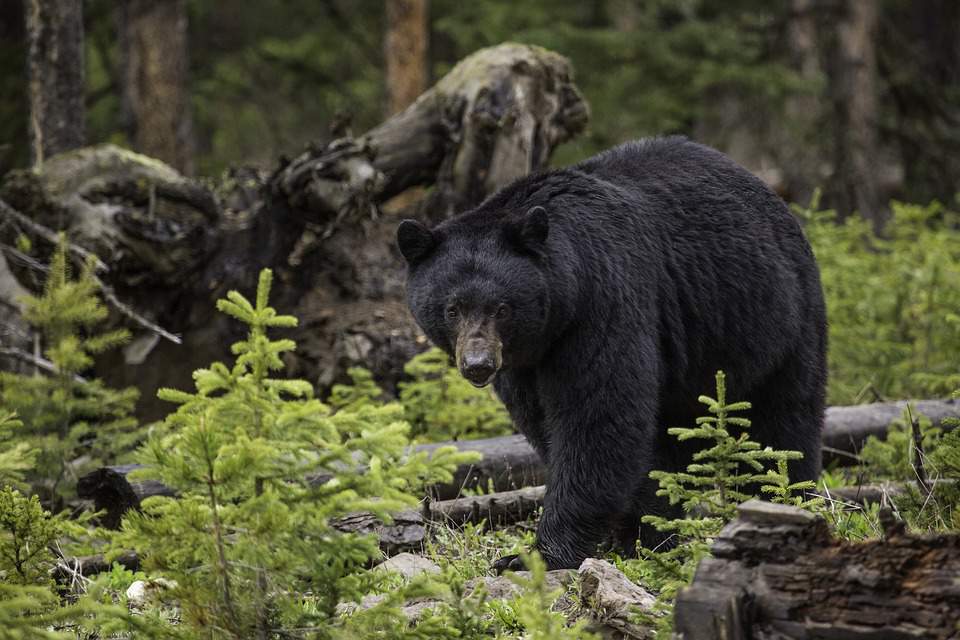Spotted! bears reappear in Hungary

Towards the end of April, the first bear waking from winter hibernation was spotted in Hungary, looking for something to eat. From now on, we can expect many more animals to appear.
According to 24, three of the four indigenous large carnivores have reappeared in Hungary in the last few years; namely, bears, wolves and lynx. Now, Dr László Patkó wildlife biologist shares all you should know about bears in Hungary.

WikiCommons, WWF
When it comes to the current bear population, there is no information available whether any bear cubs were born this year. However, the first bear sighting of the year already took place in April near Lake Balaton.
“From now on, we can expect more and more appearances from them, which can be explained by their lifestyle,” says the wildlife biologist.
Over the winter period, bears hibernate, drastically slowing down their heart rate, metabolism and body temperature. During this time, the fat reserves they saved up in the previous months provide them with energy. If winter happens to be milder, it is possible for bears to wake up and walk around a bit. The lucky ones who find food may choose to bear the cold’s return in order to finish up their meal.
Bears start waking up towards the end of February and early March. By this time, they have lost a lot of weight. If a bear has to feed her small cubs, they could lose up to 40% of their total weight.
They have to make up for all this loss, which is why they are able to walk huge distances in the April-May period to find all the food they need. This is why it is increasingly likely that we will spot more and more bears that come over from the northern territories.
They need to double their body weight to survive the next winter, and they have about six months to do so.

Their reproductive system is truly fascinating. Bears time their gestation in line with the hibernation period. The animals mate around May or June, but the fertilised ovum only gets implanted five months later, when the hibernation period starts. Cubs are born during December or January and start to suckle the milk of their mother. Naturally, this is very exhausting on the mother’s body and leads to a huge weight loss. There is a reason for their timing, though: this way, by the time nature awakes again and bears can go hunting, the cubs are not as helpless as newborns anymore, and they can fatten themselves up enough to survive the next hibernation period.
Featured image: Pixabay / Illustrations
https://dailynewshungary.com/budapest-zoos-collection-among-most-diverse-in-europe/
Source: 24.hu







